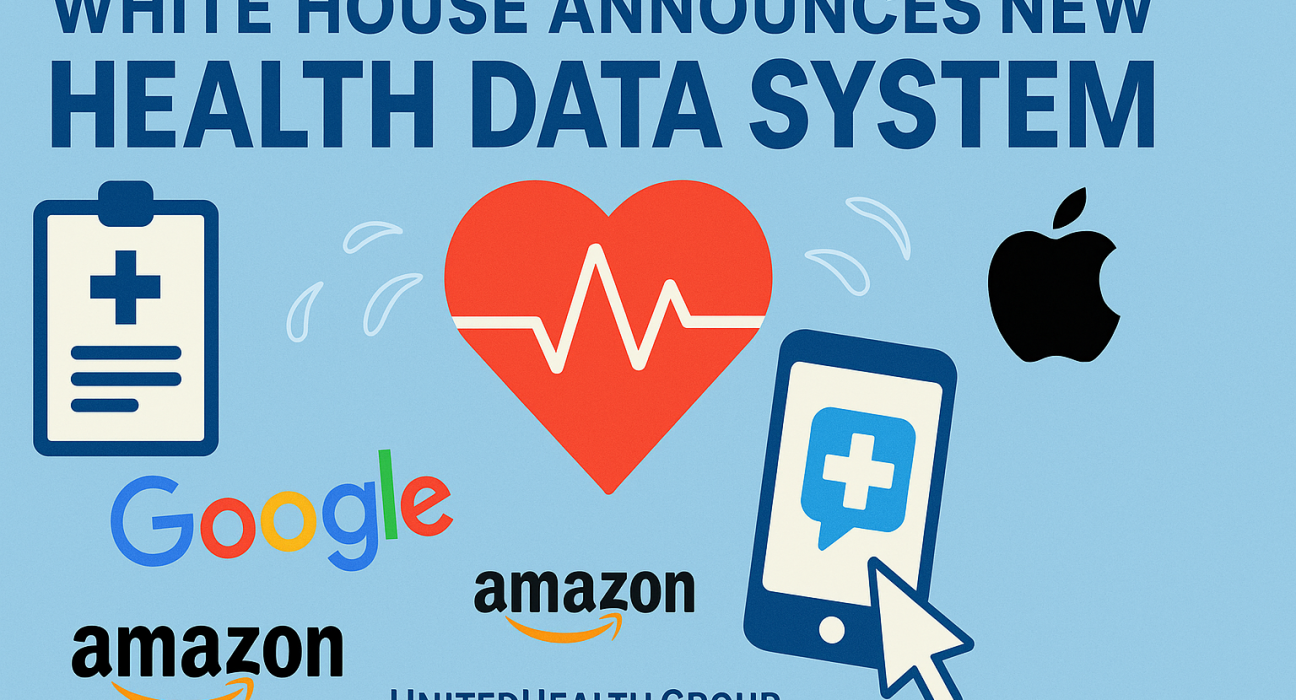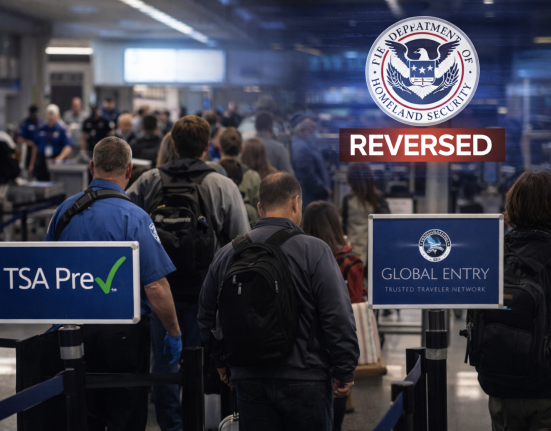Summary
On July 30, 2025, the Trump administration announced a major initiative, unveiled at a White House event titled “Making Health Technology Great Again.” More than 60 public and private sector organizations—including Amazon, Apple, Google, UnitedHealth Group, CVS Health, and the Cleveland Clinic—committed to developing a new private health data ecosystem, managed by the Centers for Medicare & Medicaid Services (CMS). The system aims to let users securely consolidate their personal health information—such as medical records, fitness data, and medication reminders—into apps powered by conversational AI and digital tools. Patients must opt in to participate. The effort is intended to improve care coordination, chronic disease tracking, and patient empowerment. ABC News
Key Points
- Purpose: Designed to modernize health data access through an interconnected platform of user-controlled apps and tools. Services include AI-powered assistants, digital check-in via QR codes, medication tracking, and monitoring of diabetes or obesity. TIME
- Participation: Over 60 companies, primarily tech and health care organizations, have indicated readiness to implement the system by early 2026. TIME
- Privacy safeguards: Data exchange is strictly opt-in and subject to CMS oversight. However, critics warn of risks entailed by allowing non-HIPAA-governed entities to access sensitive patient data. AP News
Key Concerns
- Privacy and consent: Digital rights advocates worry about consent clarity, data usage policies, and potential monetization (e.g., advertising targeting) by private companies. pbs.org
- History of misuse: Experts cite prior controversies—including the federal sharing of Medicaid data with ICE—as undermining confidence in the administration’s commitment to patient confidentiality. politico.com
- Security and oversight gaps: Without federal standard enforcement over third-party apps, there’s concern about uniformity in cybersecurity, algorithmic bias, and error prevention.
Implications & Future Outlook
- Health tech acceleration
This marks a clear shift toward tech-enabled care models: AI-powered assistants and digital health monitoring tools indicate deeper integration of healthcare into everyday life. - Pressure for regulation
Given that many tech firms aren’t governed by HIPAA, lawmakers and regulators may push for new legislation to govern third-party handling of medical data without traditional protections. - Consumer empowerment vs. privacy vulnerability
While advocates highlight the potential for patients to carry and control their health data, vulnerable populations may face confusion or unintended exposure to data-sharing. - Industry alignment
The involvement of Amazon, Google, Apple, and major health systems suggests strong momentum toward standardizing health data interoperability across platforms. - Health administration convergence
The initiative aligns with broader structural reform under RFK Jr.’s “Make America Healthy Again” vision, including AI expansion and HHS reorganization. cms.gov








Leave feedback about this
You must be logged in to post a comment.